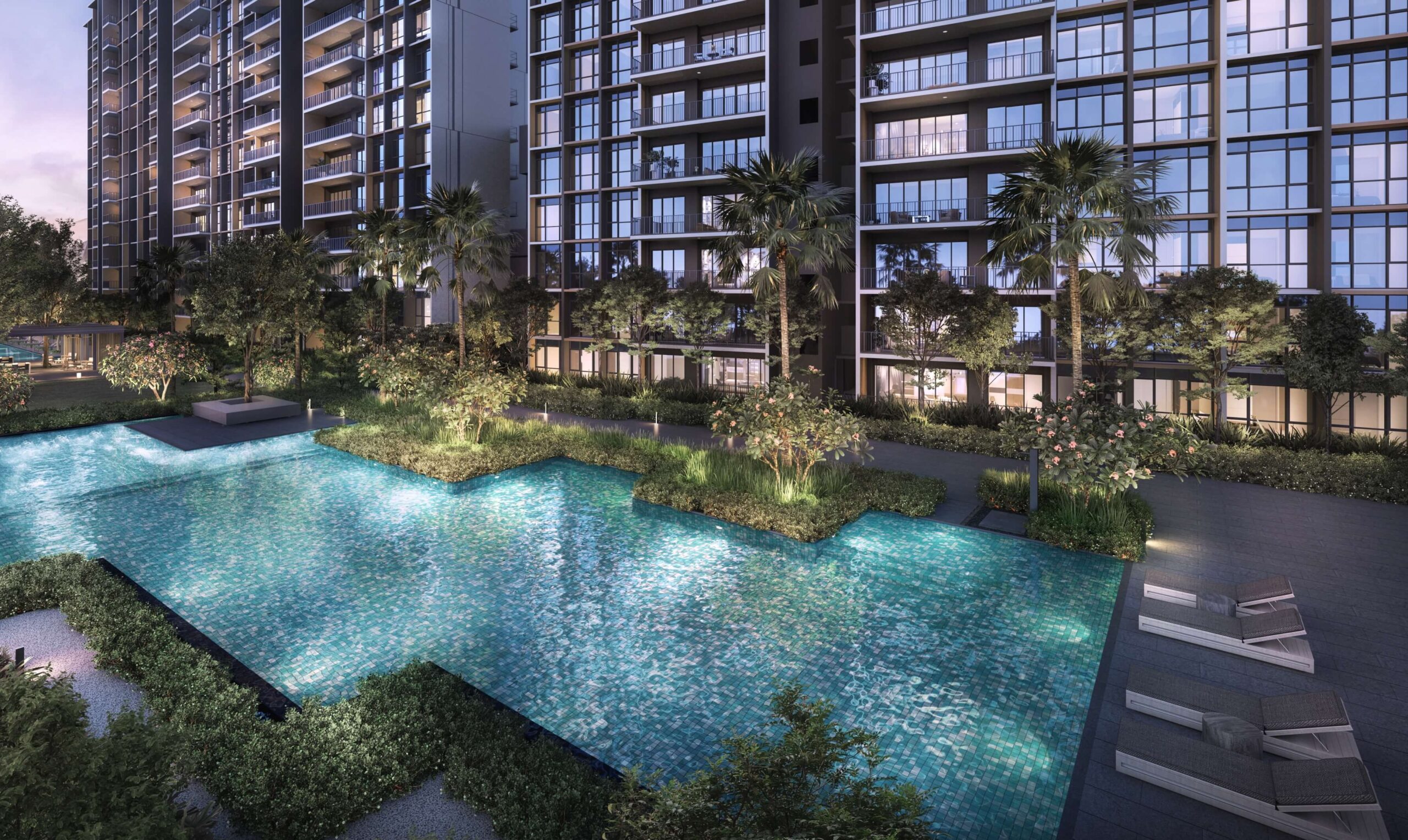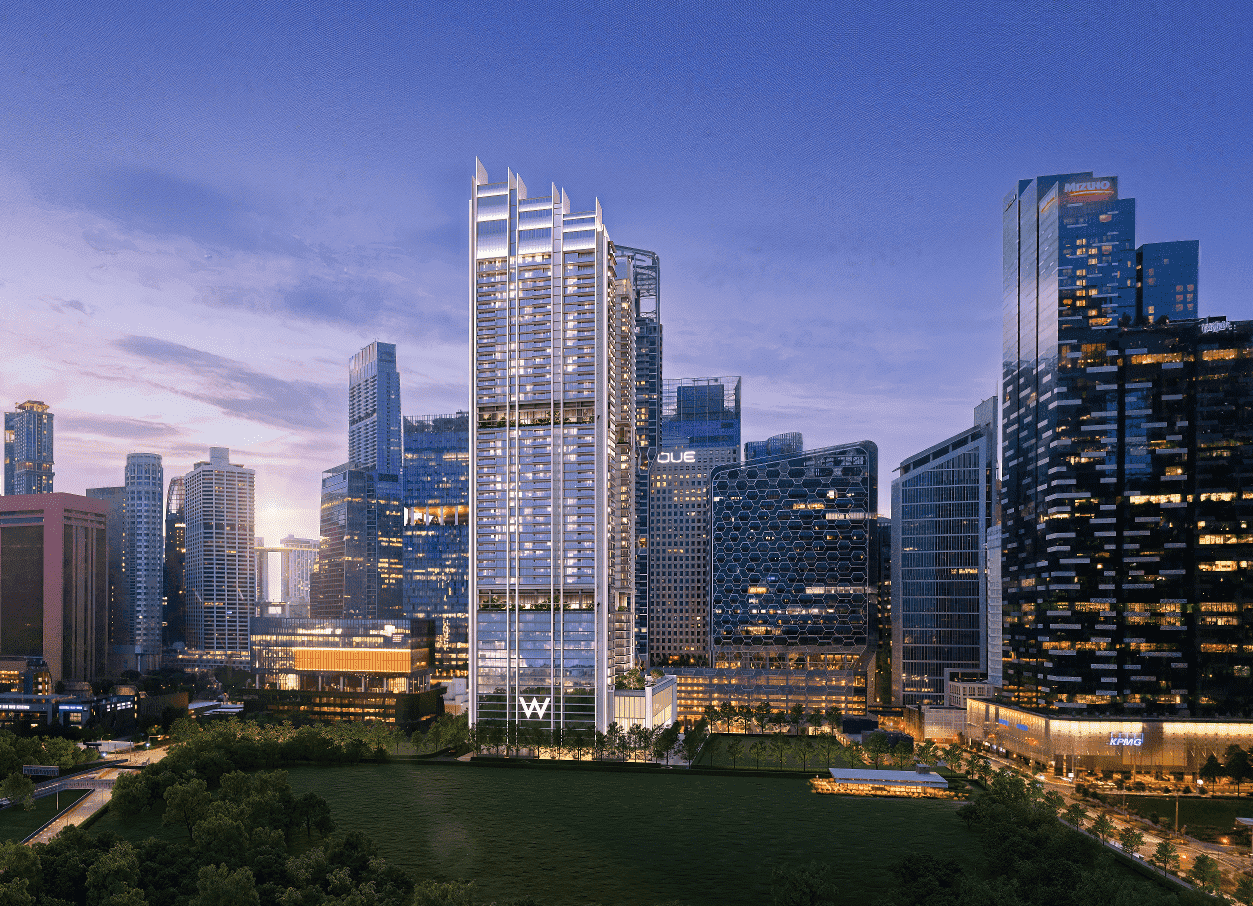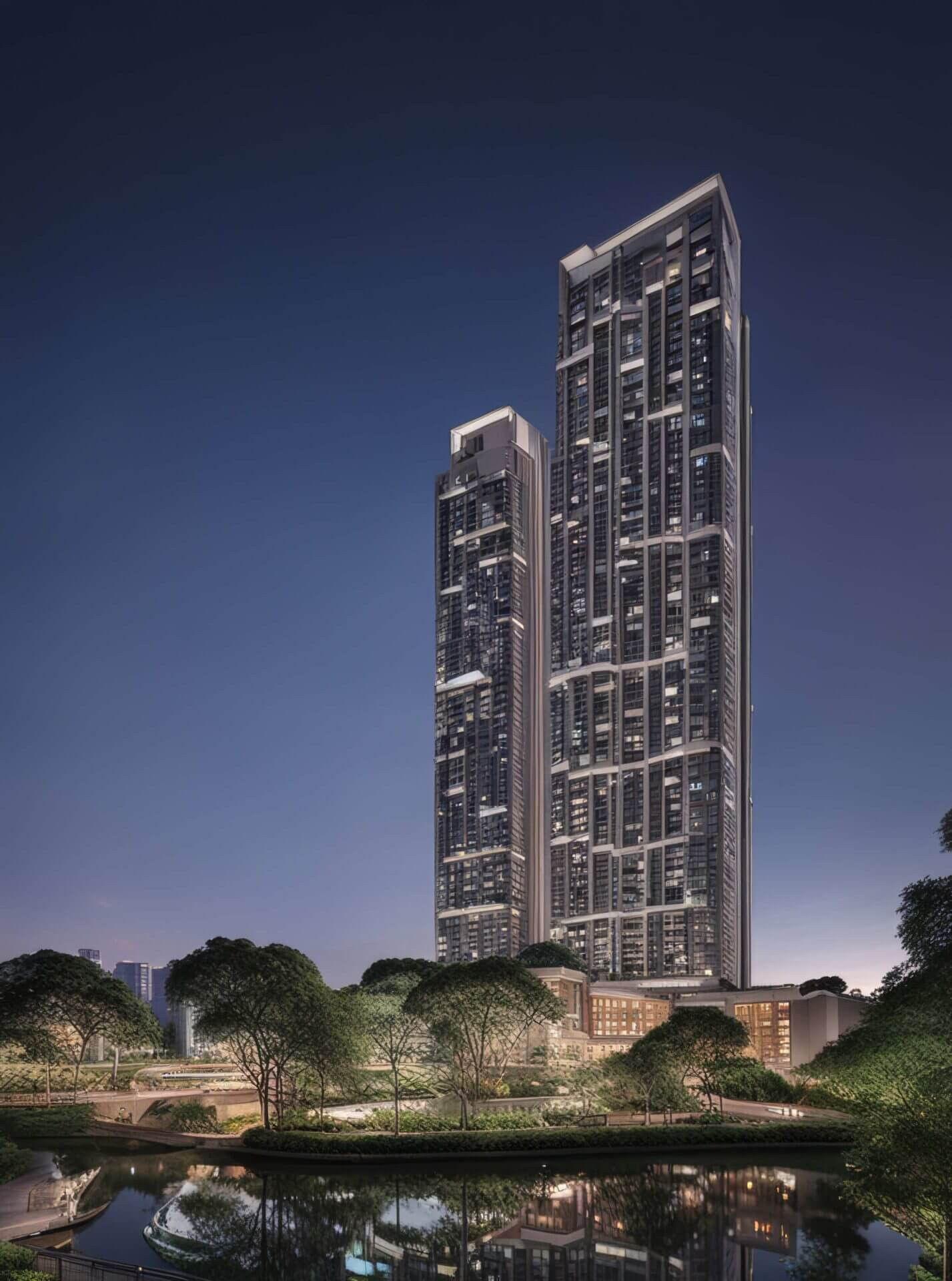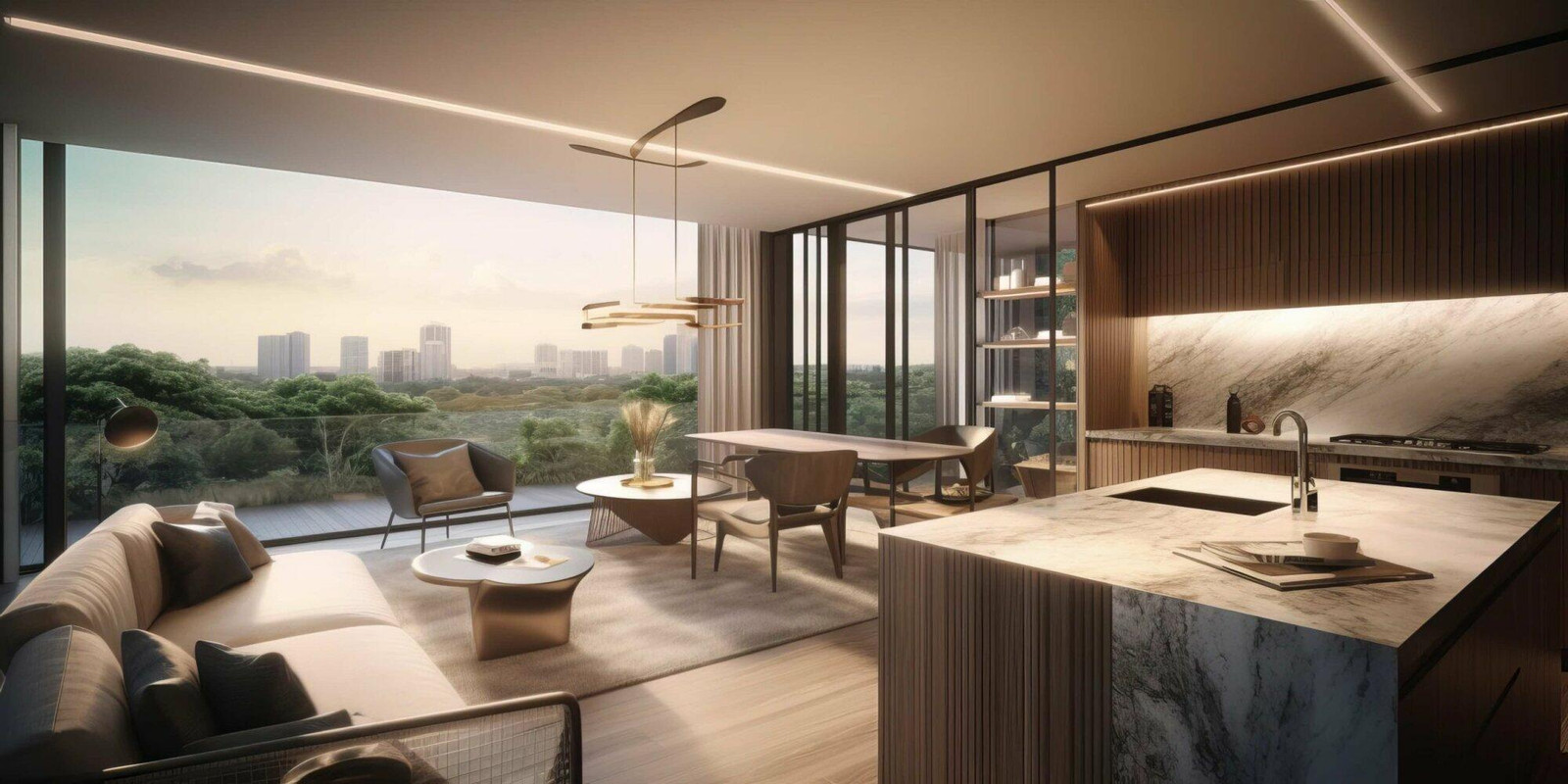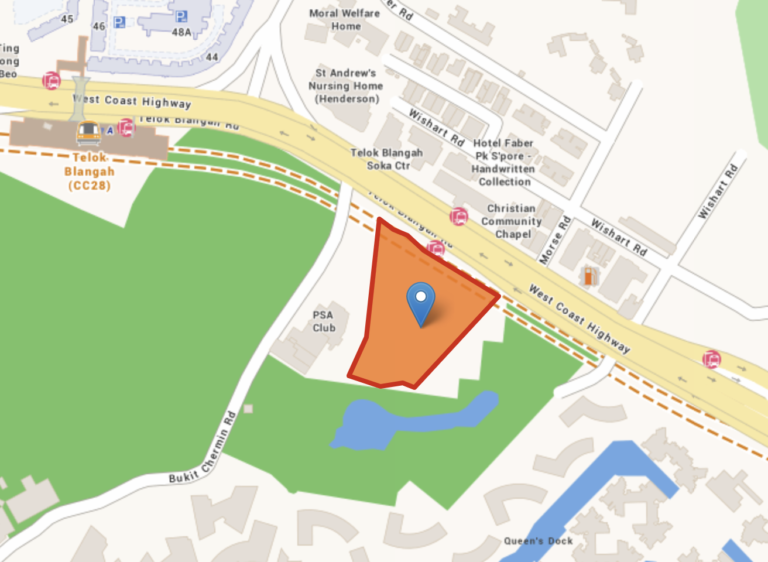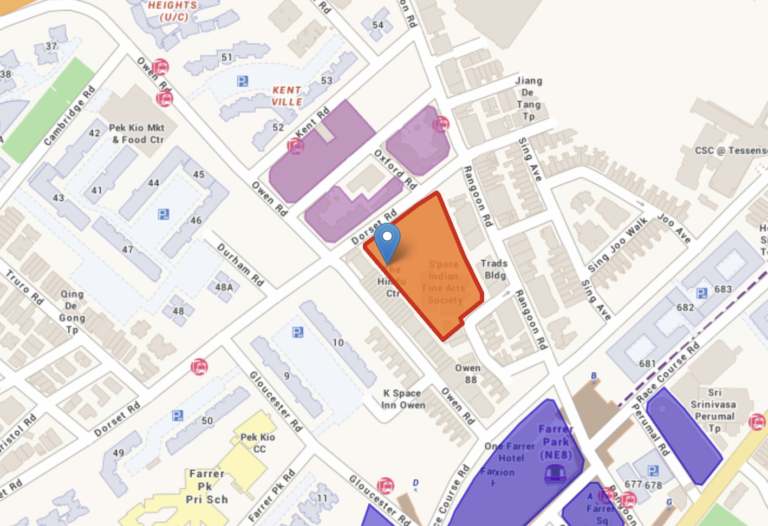If you’re considering buying a condo in Singapore, it’s essential to understand the regulations governing swimming pools in condominiums. These rules ensure safety, hygiene, and proper management of these popular amenities.
Here’s a detailed guide to help you navigate the key regulations and guidelines set by various Singaporean authorities, including the Building and Construction Authority (BCA), the National Environment Agency (NEA), and the Urban Redevelopment Authority (URA).
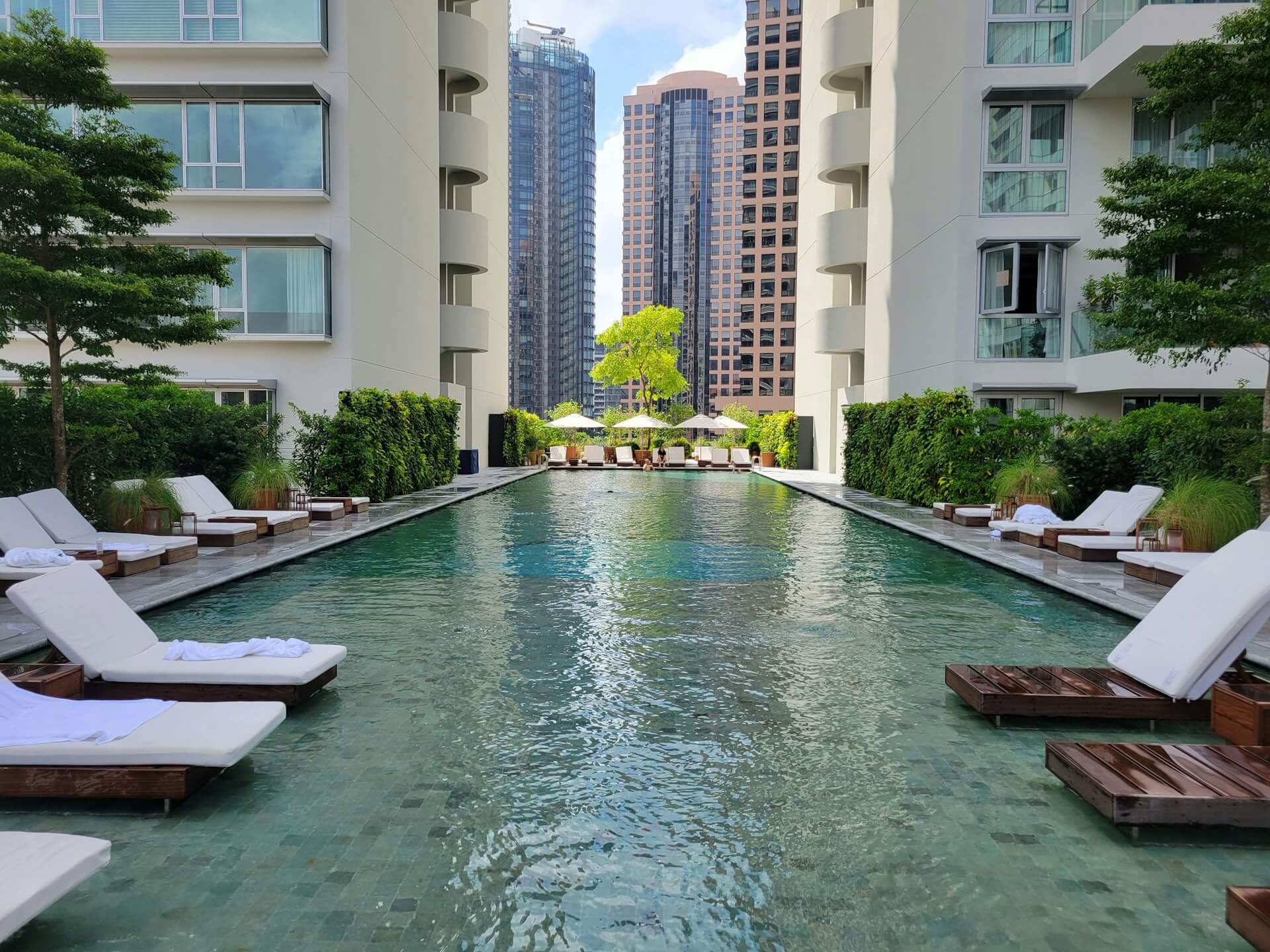
General Management and Usage
Self-Governance
Condominium pools are typically managed by the Management Corporation (MC), a group composed of unit owners. The MC is responsible for setting and enforcing rules regarding the use of common facilities, including swimming pools.
Operating Hours and Access
Operating hours and access rules for swimming pools vary between different condominium estates. These rules are decided by the MC and can include:
- Usage times
- Reservation requirements
- Specific access protocols
Safety and Hygiene Regulations
Licensing and Water Quality
All swimming pools in Singapore, including those in condominiums, must be licensed by the NEA. Key requirements include:
- Compliance with the Environmental Public Health (Licensable Aquatic Facilities) Regulations 2021
- Regular water quality testing
- Submission of water quality results to the NEA
Disinfection and Maintenance
To maintain hygiene, the water in condo pools must be disinfected using approved chemicals such as calcium hypochlorite or sodium hypochlorite. Key maintenance requirements:
- Daily testing of pH value and disinfectant concentration
- Maintenance of test records
First Aid and Safety Equipment
Condo pools must be equipped with:
- First-aid boxes
- Lifebuoys
- Illustrations of artificial resuscitation procedures
There is no mandatory requirement for lifeguards to be on duty at condominium pools.
Design and Construction Guidelines
Setback Requirements
For raised swimming pools, specific setback requirements include:
- 7.5 meters from the road reserve line
- 2.0 meters from common boundaries
Sunken pools may abut common boundaries.
Water Circulation Systems
Pools must have a water circulation system that ensures complete circulation of the water through all parts of the pool. The system must turn over the entire pool water capacity at least once every six hours for the main pool.
Pre-Swim Showers
A minimum of two pre-swim showers must be provided around the swimming pool. For premises with multiple pools, additional showers are required based on the number and size of the pools.
Operational Responsibilities
Cleanliness
The entire pool area must be kept clean and free of litter and vermin. This includes:
- Maintaining all surfaces of the pool, deck, and surrounding areas
- Regular cleaning procedures such as scooping debris and vacuuming the pool floor
Injury and Illness Prevention
To prevent the spread of illness and injury:
- Persons with cuts, wounds, or sores are not permitted to use the pool
- Notices must be displayed directing users to shower before entering the pool
Chemical Safety
Only approved chemicals may be used for water treatment. Their use must be documented and approved by the Commissioner of Public Health.
Inspection and Maintenance Schedules
Monthly Water Quality Testing
Condominium swimming pools must have their water tested for chemical, physical, and bacteriological parameters at least once a month. Tests must be conducted by a testing laboratory accredited by the Singapore Accreditation Council (SAC).
Submission of Test Results
The water quality test results for a particular month must be submitted to the NEA no later than the 14th of the subsequent month.
Quarterly Testing for Specific Parameters
Additional parameters, such as Legionella bacteria and Pseudomonas aeruginosa, must be tested quarterly if the pool has aerosol-generating features.
Daily Maintenance
Regular daily maintenance includes checking and adjusting chlorine levels and pH values to ensure they remain within the safe range:
- Ideal chlorine level: 1.0 to 3.0 ppm
- Ideal pH: 7.2 to 7.8
upcoming Condos
Hurry—prime units vanish fast! Secure your showflat appointment now!
Conclusion
The regulations for condominium swimming pools in Singapore are comprehensive, covering aspects from design and construction to daily operation and maintenance. These regulations ensure that pools are safe, hygienic, and well-managed, providing a safe environment for residents to enjoy.
For more detailed information, you can refer to the specific guidelines and regulations provided by the NEA, BCA, and URA. Understanding and adhering to these regulations will help ensure a safe and enjoyable swimming experience for all condominium residents.

